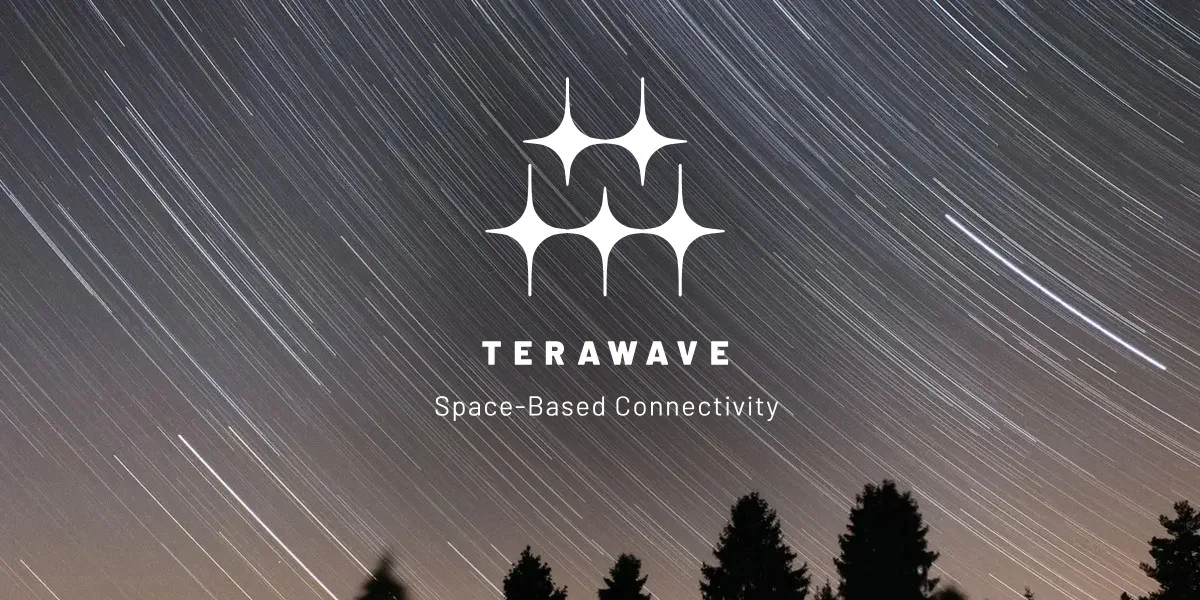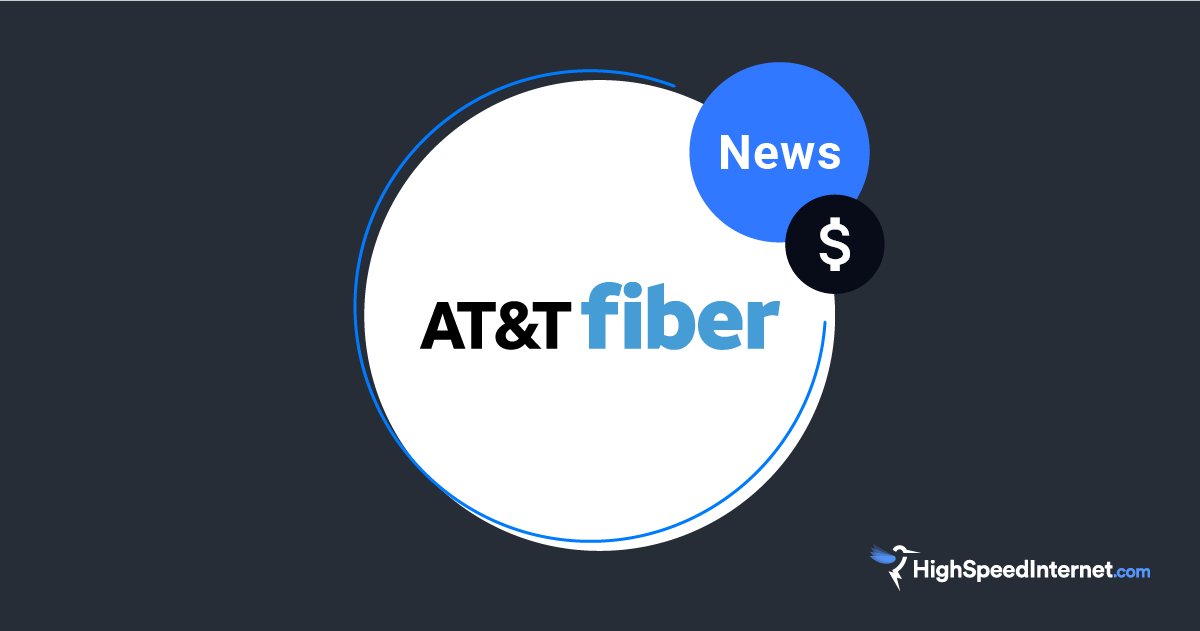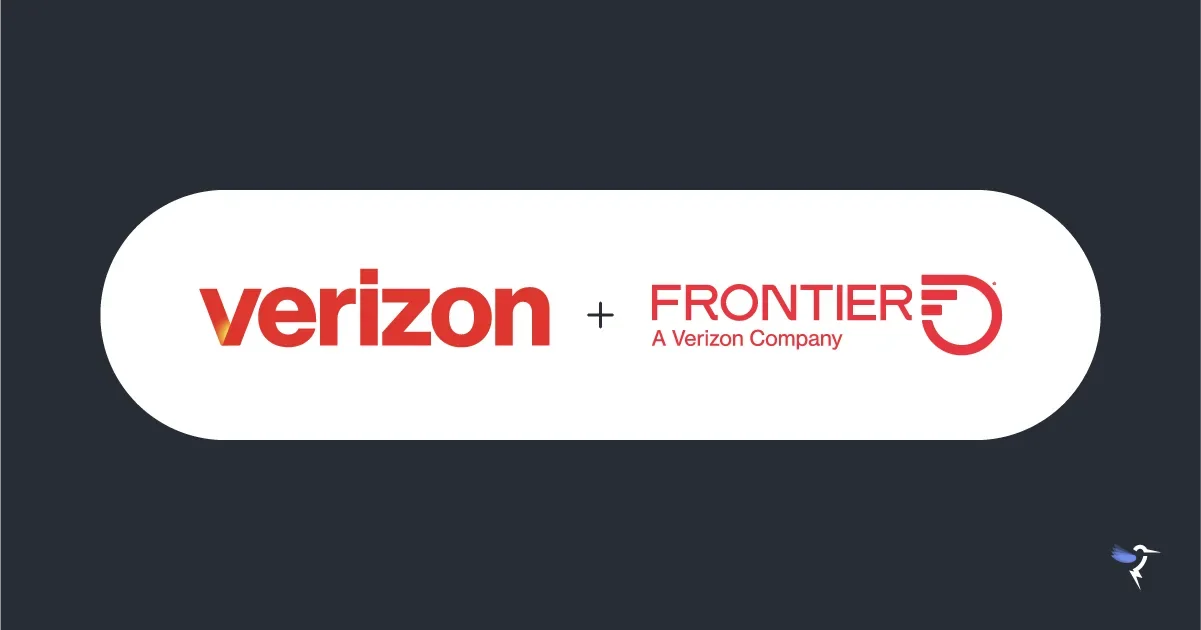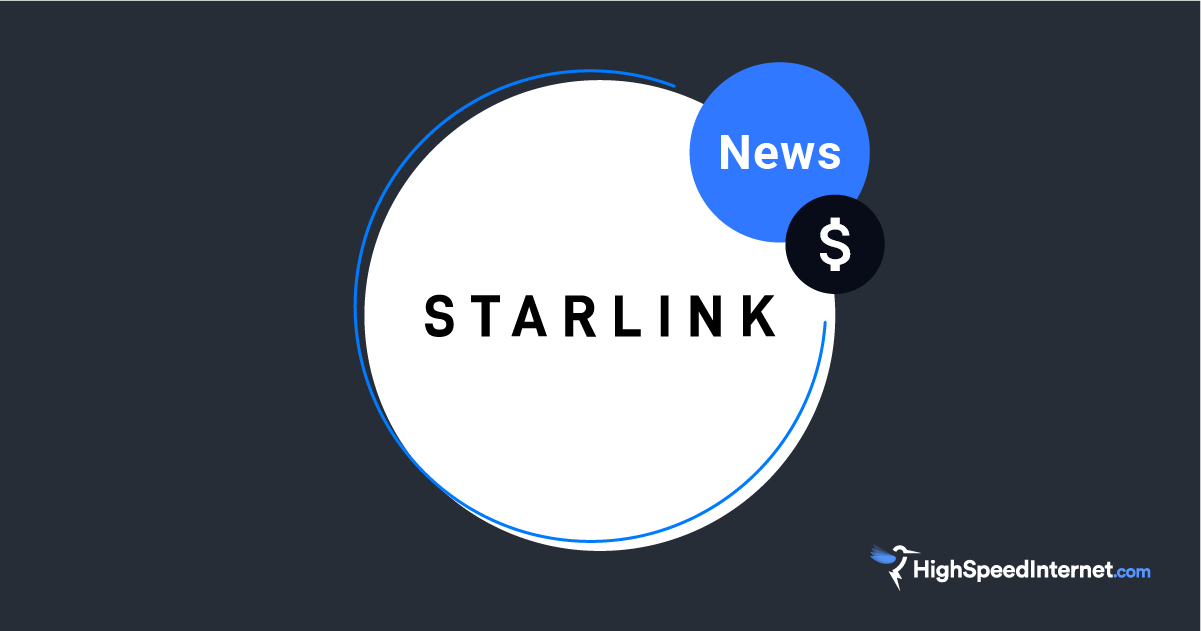Is Meta’s AI Fast Enough?
Partnership between Lumen and Meta means dedicated fiber lines and robust connectivity
Oct 23, 2024 | Share
News
You can do almost anything on Meta apps these days, from creating a photo of yourself on a rocket ship, identifying plants in your photos, auto-generating recipes, or even translating short videos in foreign languages. It’s all thanks to artificial intelligence (AI).
The options extend across Messenger, Facebook, WhatsApp and Instagram (all apps owned by Meta). According to the parent company, more than 400 million people across the globe are using Meta AI every month, and 185 million of those use it once a week.
Meta by the numbers
3.27 billion: Global users who logged onto the Meta apps every day in June of 2024
$11.89: Average revenue per user in the second quarter of 2024
$16.8 billion: Meta revenue in the second quarter of 2024 for users in the U.S. and Canada
$39.07 billion: Meta global revenue in the second quarter of 2023, an increase of 22% over 2023
70,799: Global Meta employees as of June, 2024
Data gathered from Meta’s quarterly report for the second quarter of 2024
In 2025, Meta plans “significant capital expenditures” for artificial intelligence research and product development, but didn’t specify how much or for which projects.
The technology is incredible, but it requires a lot of electricity, and a lot of bandwidth. This week, Lumen (parent company of CenturyLink and Quantum Fiber) announced it has been chosen to serve Meta’s networking needs. The partnership will expand the network and provide dedicated interconnection for Meta’s infrastructure, according to a press release from Lumen.
Lumen’s system is called Private Connectivity Fabric (PFC), and it includes dedicated access to existing fiber routes and new routes between data centers (many of which are being built in areas where datacenters can access electricity).
Lumen already owns 6 million intercity fiber miles, and has plans to add another 5.8 million over the next five years. Buying into the system will allow private companies like Meta to access:
- increased network resilience
- robust cloud connectivity
- 25% less optical loss (compared to vintage 2000 fiber)
- 60% more capacity than legacy fiber
- 5ms of latency or less
“We’re enabling one of the biggest expansions of network capacity in our lifetime. We’ve transformed our company to meet this demand. As Meta’s customers use more AI services across its platforms, we’re helping provide Meta with a seamless, effortless, and flexible network that will meet its growing needs.”
– Ashley Haynes-Gaspar, Lumen’s EVP and chief revenue officer
What does the Lumen/Meta partnership mean for you?
Cool new AI tools are great for both regular customers and businesses, but they have to work quickly and efficiently to be widely adopted. With this new partnership, Meta is ensuring it has the network capacity to offer all its AI tools without slowdowns.
Of course, you can only take advantage of these speeds if you have fast internet at home, because the slowest connection is the metaphorical weakest link in speeds.
If you have a 40Mbps DSL connection, for example, you’ll still have to wait a long time for Facebook to create a new AI background for your post. But if you have access to gig speeds on your fiber-to-the-home connection, Facebook is ensuring its AI tools can keep up.
Is your internet fast enough for AI?
Enter your zip code below to compare providers and save.
My take on Meta AI
Facebook is a great tool for finding old classmates, getting updates from long lost friends and relatives, and even finding or hosting events. I use Instagram for fitness inspiration, too, and have lively family chats on WhatsApp. Those features are why I keep the apps on my smartphone, and why I still check them several times a day.
Saying that feels more like a confession than a boast, though. I don’t like how Facebook and Instagram have affected my attention span, how they put all our lives under a microscope, or how they distort body image and spread rampant disinformation.
New AI tools from Meta may make its suite of apps more useful, but the features could also make them more addictive and distort reality even further. But Meta isn’t alone in that—AI is our new shared reality. I can’t blame either Meta or Lumen for trying to make the most of it.
Author - Chili Palmer
Chili Palmer covers home tech services, with a special focus on understanding what families need and how they can stay connected on a budget. She handles internet access and affordability, breaking news, mobile services, and consumer trends. Chili’s work as a writer, reporter, and editor has appeared in publications including Telecompetitor, Utah Business, Idaho Business Review, Benton Institute for Broadband & Society, and Switchful.com.
Editor - Jessica Brooksby
Jessica loves bringing her passion for the written word and her love of tech into one space at HighSpeedInternet.com. She works with the team’s writers to revise strong, user-focused content so every reader can find the tech that works for them. Jessica has a bachelor’s degree in English from Utah Valley University and seven years of creative and editorial experience. Outside of work, she spends her time gaming, reading, painting, and buying an excessive amount of Legend of Zelda merchandise.



